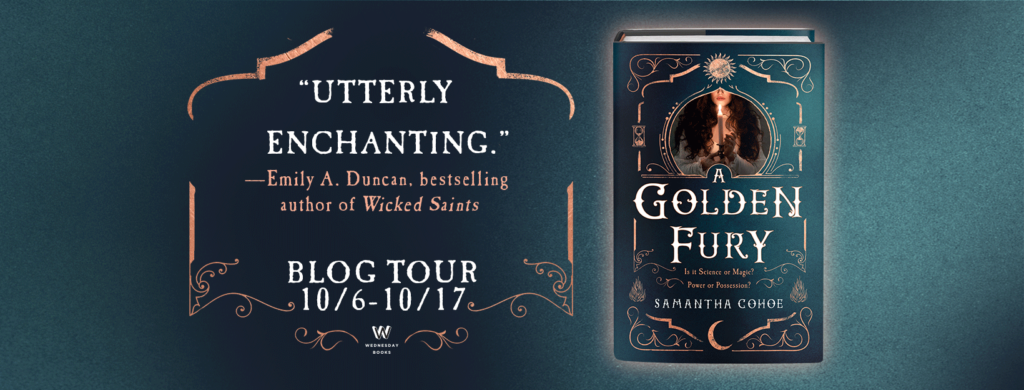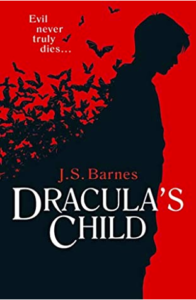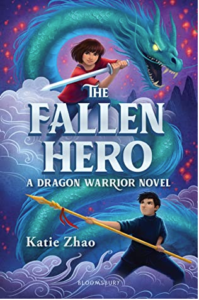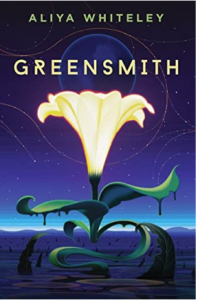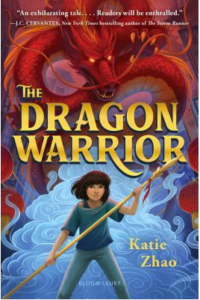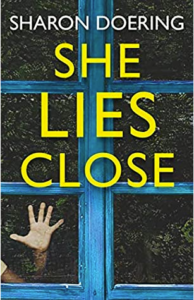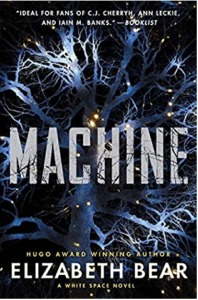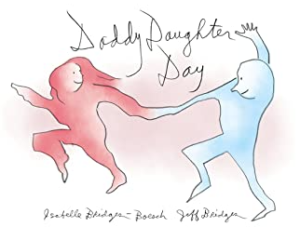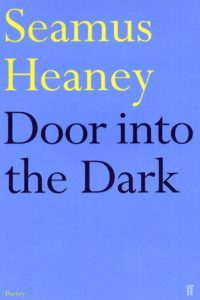One of the things I was most impressed by in this first novel of Rebecca Roanhorse’s new epic fantasy series is how effortless it all feels. She’s created a brand new universe using the indigenous cultures of the Americas as its basis, and there isn’t a single moment of self-conscious telling instead of showing. It’s a wonderful repudiation of the default Euro-Mediterranean settings of most English-language adult epic fantasies, centering an under-explored/represented facet of world history in a way that feels natural, as if to show how perfectly suited the cultures are to this sort of interpretation, and how much we as readers have been missing out by not encouraging fantastic fiction from authors with roots in those traditions.
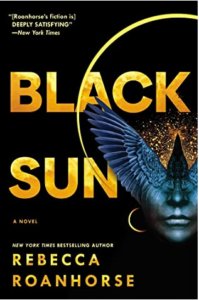 The next thing I was most impressed by was how our protagonists feel less like conventional heroes and more like real people with complex motivations just doing their best to survive their extraordinary circumstances while still remaining true to themselves and their beliefs. The two native Tovans, the Sun Priest Naranpa and the trained Shield Okoa, are the characters closest to being traditional heroes, as they explicitly seek to do the most good for their peoples. Teek ship captain Xiala is mostly a hedonist but won’t hesitate to put her own life in danger in order to save her crew. And even Serapio, the enigmatic figure blinded as a boy and intended for use as a vessel for a dead god, acts not out of selfishness or small-mindedness but because he’s been trained for no other purpose than to challenge the priestly Watchers who decimated his clan of his grandparents’ generation (trigger warning for the abuse he endured as a child tho. His mom and teachers were some truly fucked up people.)
The next thing I was most impressed by was how our protagonists feel less like conventional heroes and more like real people with complex motivations just doing their best to survive their extraordinary circumstances while still remaining true to themselves and their beliefs. The two native Tovans, the Sun Priest Naranpa and the trained Shield Okoa, are the characters closest to being traditional heroes, as they explicitly seek to do the most good for their peoples. Teek ship captain Xiala is mostly a hedonist but won’t hesitate to put her own life in danger in order to save her crew. And even Serapio, the enigmatic figure blinded as a boy and intended for use as a vessel for a dead god, acts not out of selfishness or small-mindedness but because he’s been trained for no other purpose than to challenge the priestly Watchers who decimated his clan of his grandparents’ generation (trigger warning for the abuse he endured as a child tho. His mom and teachers were some truly fucked up people.)
The paths of our four protagonists are set on a collision course when Xiala is hired to carry a mysterious passenger from the southern city of Cuecola across the open waters of the Crescent Sea to Tova, the holy city from which the Watchers rule after quelling the old gods and barbaric magics in favor of their more scientific religion. Xiala’s unique heritage makes her the captain most likely to be able to bring Serapio to Tova in time for the Solstice, when he will fulfil a dark and bloody prophecy. But travel across the open sea carries more challenges than even a Teek can overcome on her own, and she and Serapio soon find themselves bonding in unlikely ways.


